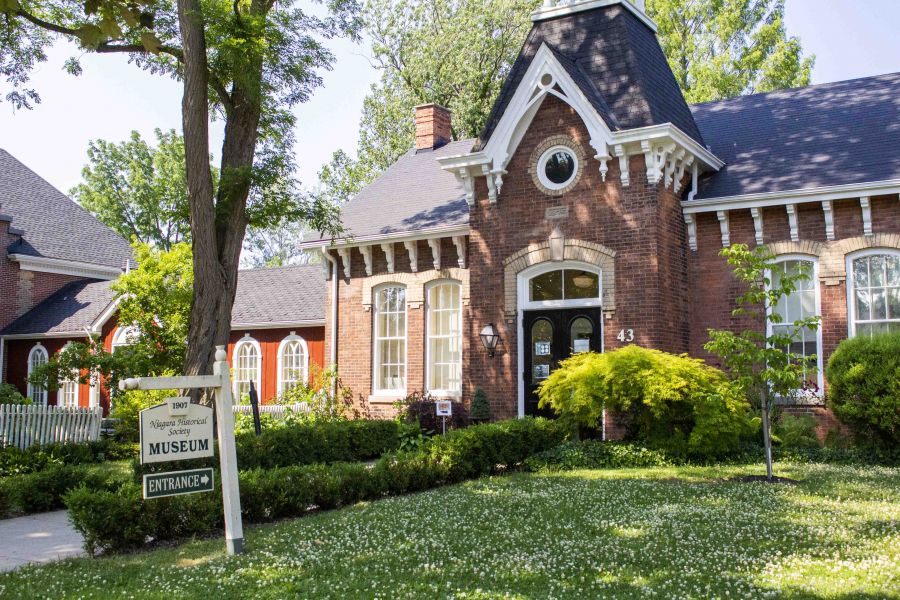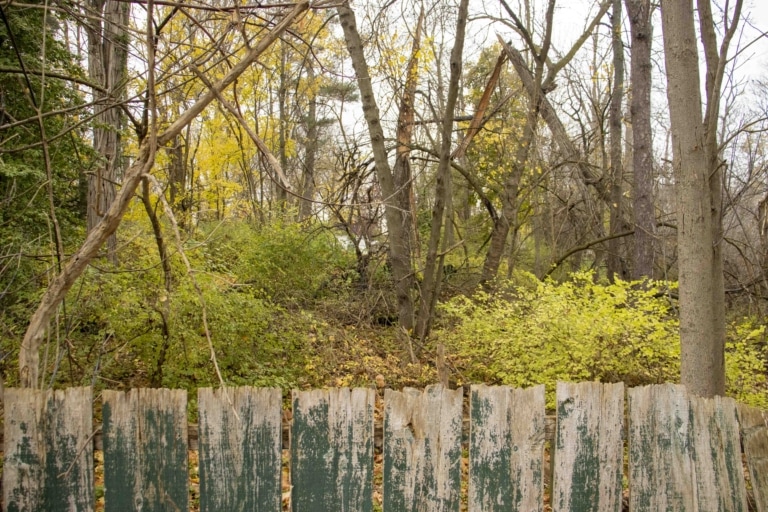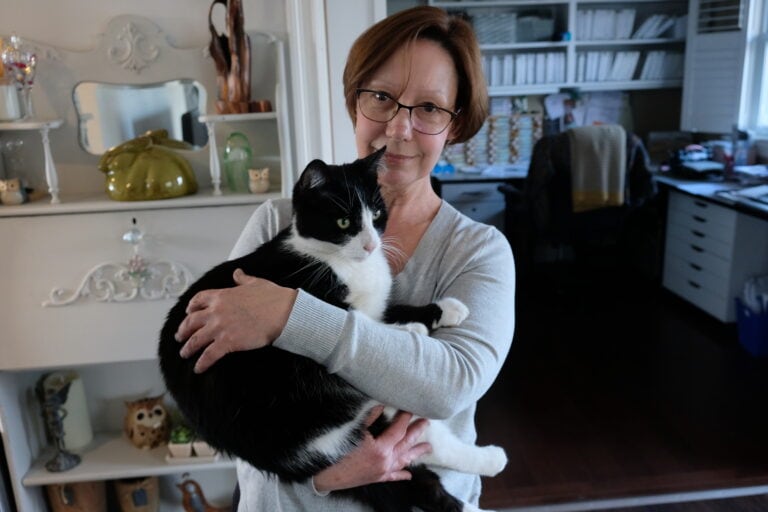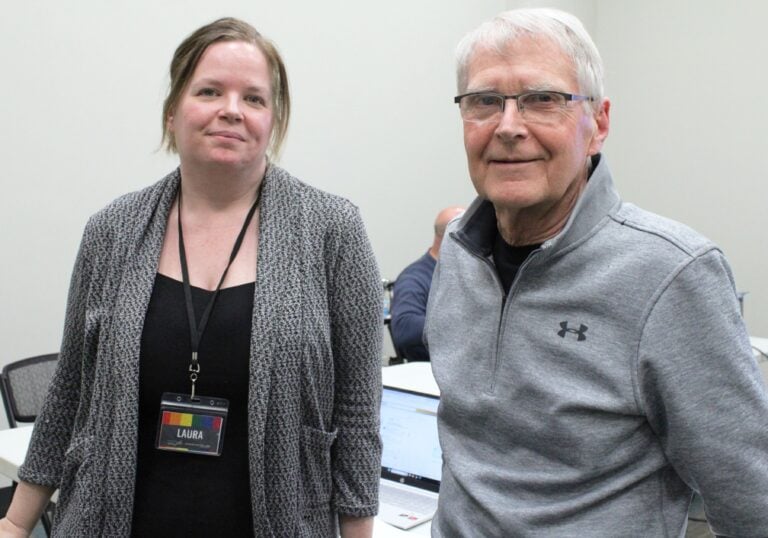Years from now, when the COVID-19 pandemic is long-forgotten, the Niagara-on-the-Lake Museum wants to ensure area residents will be able view artifacts that help them understand this unprecedented time in history.
The museum, which last year encouraged people to keep journals about their pandemic experiences, now wants to collect items related to COVID-19, to better document the lives of NOTL residents and organizations throughout the pandemic.
“It’s such a monumental occasion in all of our lives right now. We really want to be able to tell in the future what happened with the COVID-19 pandemic,” said Shawna Butts, assistant curator and educational programmer at the museum.
Everyday objects as well as personal recollections are encouraged for submission.
“A lot of museums are actively collecting COVID-19 material to help museums, historians and future curators tell the history of the COVID-19 pandemic,” Butts told The Lake Report.
“No COVID-19 story is the same, everyone comes from varying circumstances. Whether you’re a single individual, or parents with children, you’re old and in a retirement home, or you’ve lost your job,” Butts said.
“A lot of these stories will help tell the different perspectives of what people in our community went through.”
The museum seeks to create a definitive narrative of what pandemic life was like for NOTL residents before it is too late.
“We found that with the Spanish flu, which happened only 100 years ago, that we don’t have a lot of those community stories because our community was shut down for a brief period,” she said.
Butts said a lot of the organizations, such as women’s groups and churches, that helped people during the Spanish flu were not able to hold regular meetings so it was difficult for them to create a record of what was going on.
Hence the museum's desire to collect any items, regardless of how mundane they may seem. In announcing its plan, the museum noted toilet paper, masks, and sourdough recipes are among the common artifacts it wants to preserve.
“It’ll help our community of the future to tell of the resilience of our community during this time,” Butts said.
“Posters thanking front-line workers, businesses saving their social distancing signs, their closed signs or their occupancy signs” would all be welcome, she added.
On top of physical items, the museum is also looking to collect personal recollections of residents' experiences throughout the pandemic. These can be submitted in written or video form.
Butts said the museum is not planning on sharing anything soon, so people who are worried about privacy can rest assured.
“We’re hoping that, by making this push now, that people will remember that this is an initiative that we are working towards.”
“It’s part of history. It’s what every person, business or community member has experienced,” Butts said.











